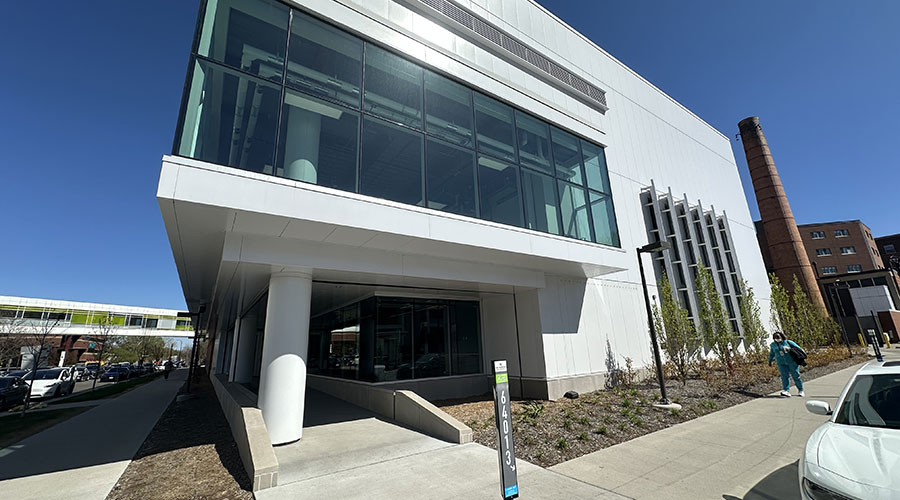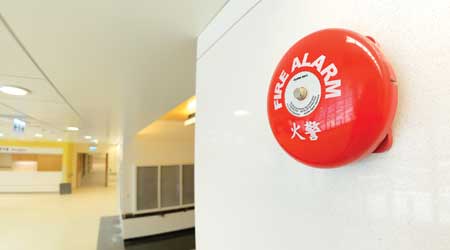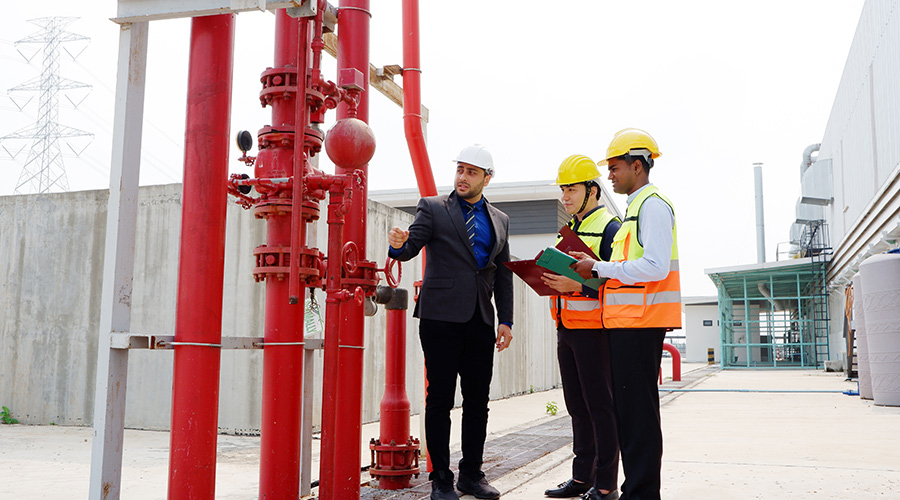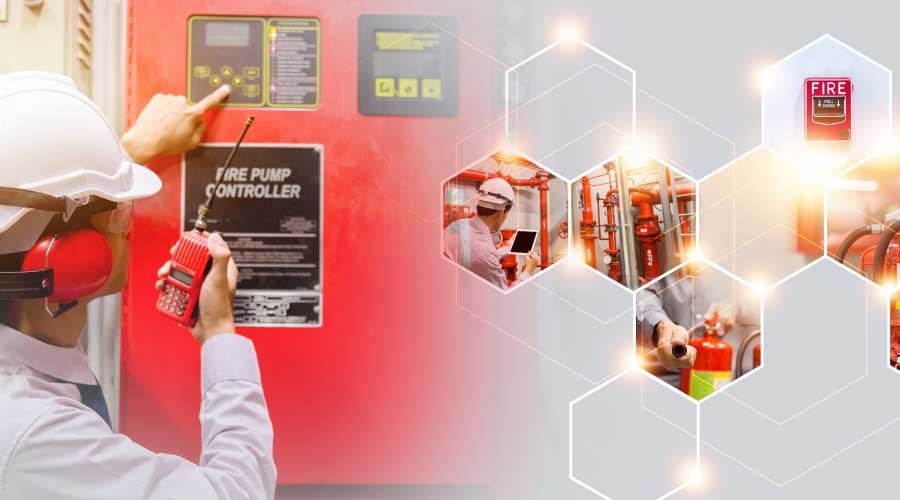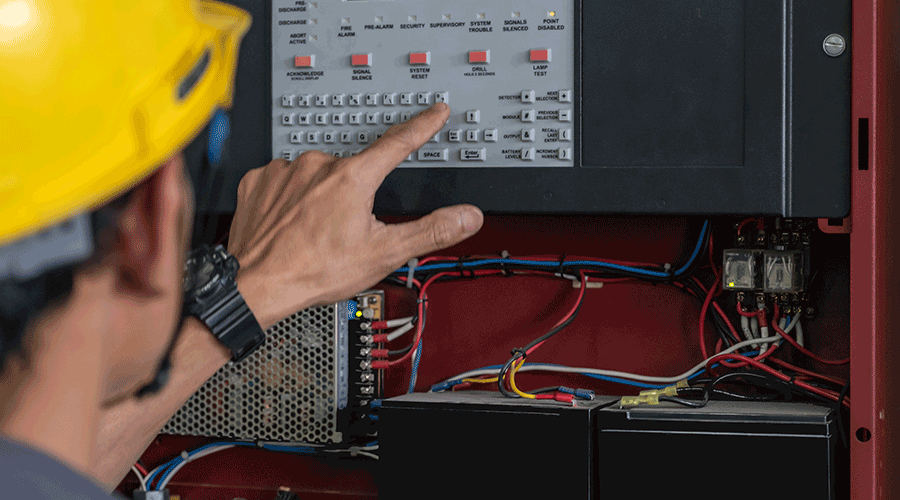Beware of Pitfalls in Doing Fire Alarm System Upgrades
First of a 3-part article on how to plan, prepare, and hire for fire system upgrades
It used to be that fire alarm systems could be counted on to last for decades “as long as regular routine maintenance was kept up,” says Dana Glenn Peterson, associate university architect at the University of New Hampshire. “In recent years, though, it has become increasingly harder to find parts to keep older fire alarm systems running, sometimes forcing building owners into complete replacements well before the systems should have exhausted their useful life. I have some on my campus that have been force upgraded after only 10 to 15 years of service.” Whether an upgrade is triggered by a lack of spare parts, a desire to tap the capabilities of newer technology, or simply code requirements because a space is being renovated, facility managers should be aware of pitfalls that can derail upgrades.
“In general, the starting point is who you’re working with,” says Gary Keith, vice president and engineering standards manager for FM Global. Designers and contractors work on different sizes of projects, so one size does not fit all in this case. An unqualified project team also can result from going with simply the lowest bidders for a project, not the most qualified, says Jim Carrigan, associate partner fire/life safety for Syska Hennessy Group, Inc. And an “unrealistic” construction budget also can hamstring a project.
So when choosing members of a project team, make sure they have experience in the type of work they’re hired to do, “particularly with large fire protection systems.” Be sure to check their references, Carrigan says. In addition, companies may wish to “retain a professional engineering/consulting firm specializing in the design of fire/life safety systems. Many professional engineering firms do not have this expertise in house,” he says.
Facility managers should check to be sure that the team designing the fire system upgrade includes a fire protection engineer, says Chris Jelenewicz, senior manager, engineering practice at the Society of Fire Protection Engineers. “Fire protection engineers understand the science and the latest technologies that are used to protect people, property and the environment from fire.” But even once a team is in place, it’s essential for the facility manager to work closely with the design team at the beginning of the project. “It is important to understand as much as possible about the existing system and facility from the owner, owner’s representative, or facility personnel,” says Richard Muller, senior fire protection engineer at ccrd. “Not knowing how the facility uses the existing system or what improvements they would like to see could lead to delays or cost overruns.”
Related Topics:






